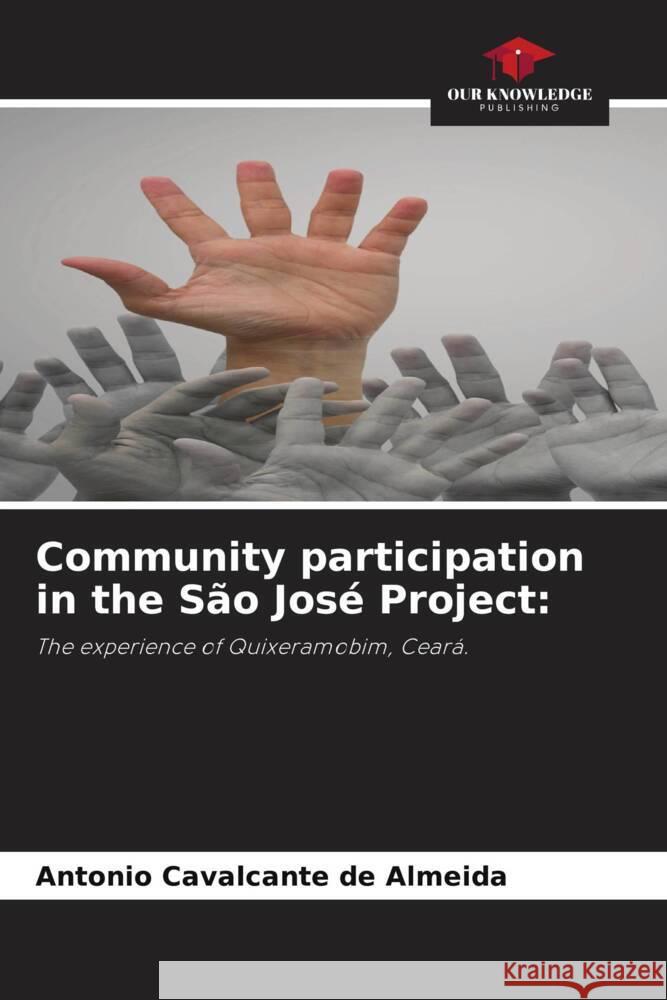Community participation in the São José Project: » książka
Community participation in the São José Project:
ISBN-13: 9786208317492 / Angielski / Miękka / 2024 / 128 str.
This paper analyzes the São José Project (PSJ). Its mission is to improve the living conditions of the poorest populations by supporting infrastructure, productive and social sub-projects for groups of small rural producers organized in community associations in the interior of the state of Ceará. In this paper, we analyze how the participatory strategies of the social actors were implemented and negotiated in the different stages of the project - formulation, implementation and evaluation. The investigation was based on a case study carried out in the municipality of Quixeramobim, located in the central hinterland region of Ceará. In the municipal unit, four community associations were chosen for the representative sample: two with a level of community participation considered to be successful and the other two with an insufficient level of participation. In this way, the research focused on three different arenas: associations, councils and the state government.











